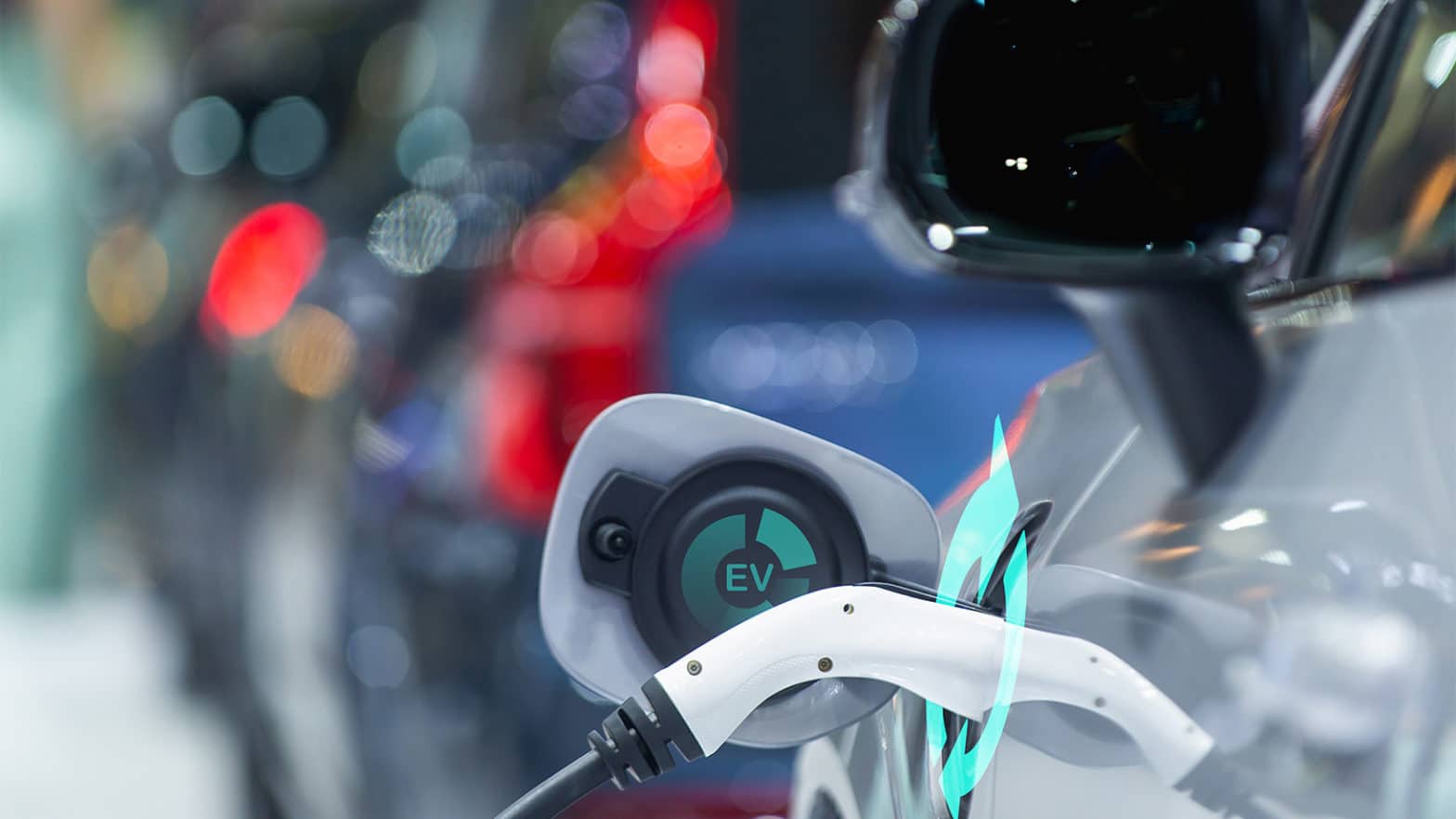
Electric vehicle charging points set to be in all new homes in England
The Prime Minister is set to announce that all new homes and buildings in England will be required by law to install electric vehicle (EV) charging points.
This relates to the Transport Decarbonisation Plan that was published in July 2021 and contains a commitment to regulate, by the end of 2021, that all new-build residential buildings and non-residential buildings with an associated parking space have a EV chargepoint.
We look at what the bill means for homes owners and developers.
Installing charging points – is planning permission required?
Almost 20% of new car sales in the UK this past summer have been electric/hybrid vehicles, a rise of 17% since 2019. One of the main concerns for electric car owners is the availability of charging points.
For homeowners looking to obtain a wall-mounted EV charging outlet, planning permission is not required.
The only requirements are that the units must be less than 0.2 cubic meters, be over 2 metres from the highway and must not be within certain types of protected properties (e.g. a designated scheduled monument or the curtilage of a listed building).
For developers, the picture is slightly different.
The National Planning Policy Framework states that “Applications for development should….be designed to enable charging of plug-in and other ultra-low emission vehicles in safe, accessible and convenient locations”.
Not all local authorities require the provision of Electric Vehicle charging points but have adopted this into their planning policy.
After a consultation period that ended in Autumn 2019, the Electric Vehicle Charging Points (New Buildings) Bill was brought before the House of Commons with the view of persuading the government to legislate for a unified approach for the provision of EV Charging points.
The bill proposed that:
- Residential buildings, including newly built homes and homes created through a material change of use of an existing building, would be required to provide a new chargepoint in every home with an associated parking space.
- Non-residential buildings, including new non-residential buildings and non-residential buildings undergoing major renovation with more than 10 parking spaces, would be required to have at least one chargepoint and cabling routes for one in five spaces.
What happened to the Electric Vehicle Charging Points Bill?
The bill was withdrawn after the government published their new Transport Decarbonisation Plan, with the Under-Secretary of State for Transport stating:
“We in Government are going to act. We will publish our consultation response on requiring all new residential and non-residential buildings to have a charge point, and we intend to lay legislation later this year. We have also confirmed our intention to mandate that home and workplace electric vehicle chargers must be capable of smart charging”.
Today’s news confirms that in addition to the above, new-build supermarkets, workplaces and even buildings undergoing major renovation will need to make provision for electric vehicle charging points.
It is clear that the government is signalling a move to a greener climate. For developers, there will be the increased expectation from residents that charging will be available and so planning to include EV within all developments will be a must.





